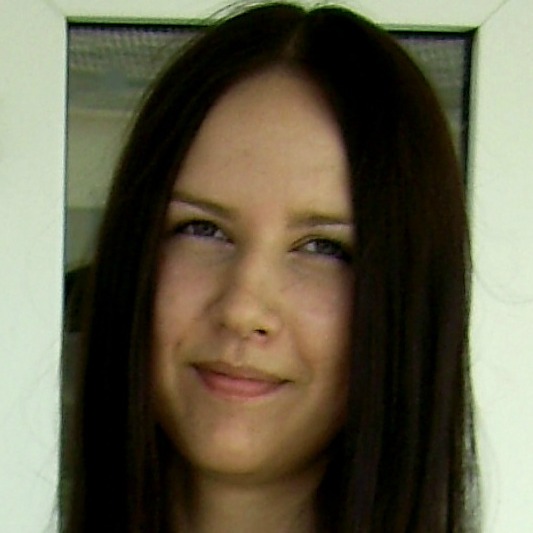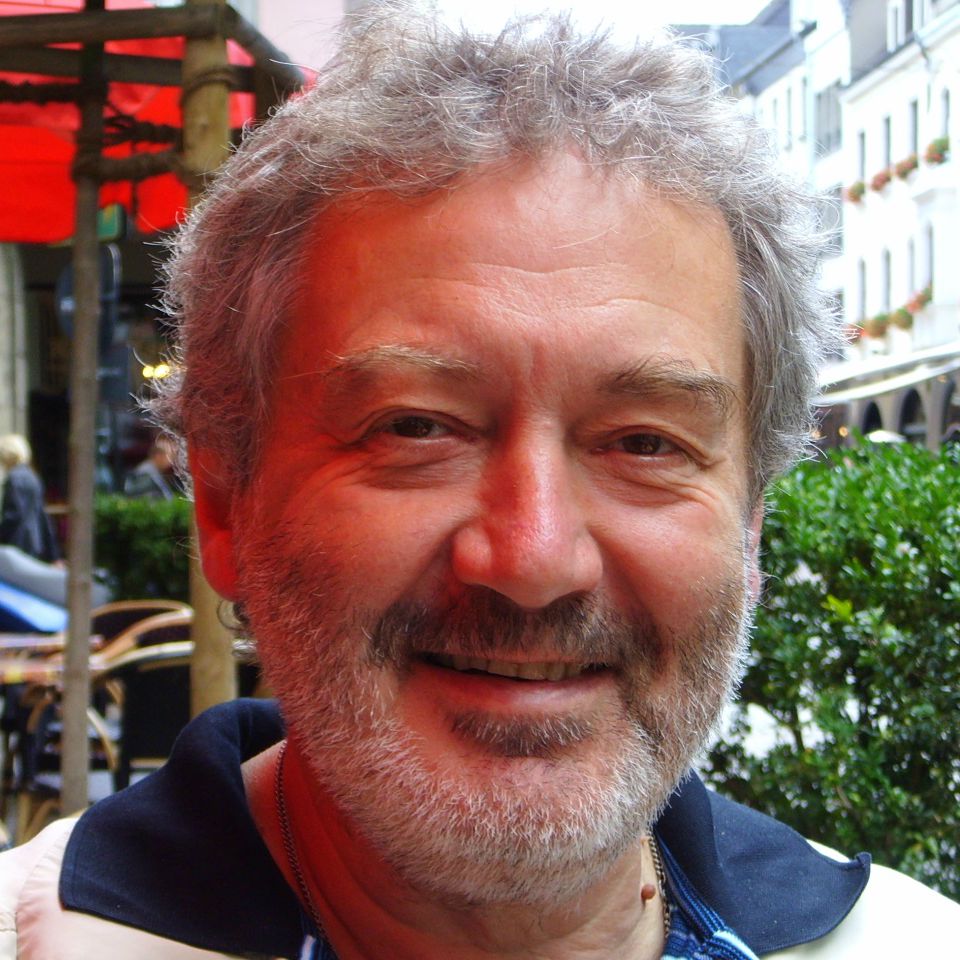
Eglė Gričinaitė interviews Franz Mittendorfer

1.How did you decide to specialize in CLIL? What was the main reason?
That’s not an easy question. I think it is back to the days when I was a teacher of foreign languages in Austria’s vocational education. When you look at vocational education, you always look at using language for a purpose, for instance, tourism. So as a language teacher I was trying to develop language competence, but for a very clear purpose. And that, for instance, was for use in a touristic environment. And that’s where I got it started.
2. Do you agree with the statement that the English language is or is becoming more and more global?
Yes, I do. But it’s at the same time becoming more and more natural and more and more standard. The question is, if we want to prepare students for a future life, whether or not what is standard now will help them to be competitive in the future,and whether or not there should be something extra.
3. Why should everyone learn a second language?
Oh, I am trying to give that example in my talk. There is an Irish saying that every new language is a new window to the world and if I look out of one window I will probably see a tree and if I look out of the second window I can see the same tree, but I see more of that tree. So anyway, every new language adds to your horizons, it widens your horizons.
4. Greg Thomson once said that the only normal way to begin speaking in a new language is to begin speaking badly. Do you agree with him?
I’m not sure whether “badly” is the right adverb here. We all are limited speakers, even speakers of our native tongue. Limits are something which we’ve got to live with and we’ve got to accept. We should also learn and develop strategies of how to cope with the limits. So yes, when we start speaking a language we only have a very limited repertoire of words, but I don’t think anybody of us ever had an unlimited repertoire of words in any language.
